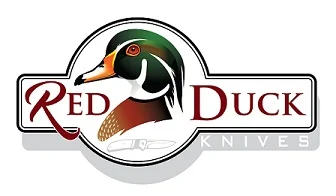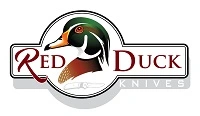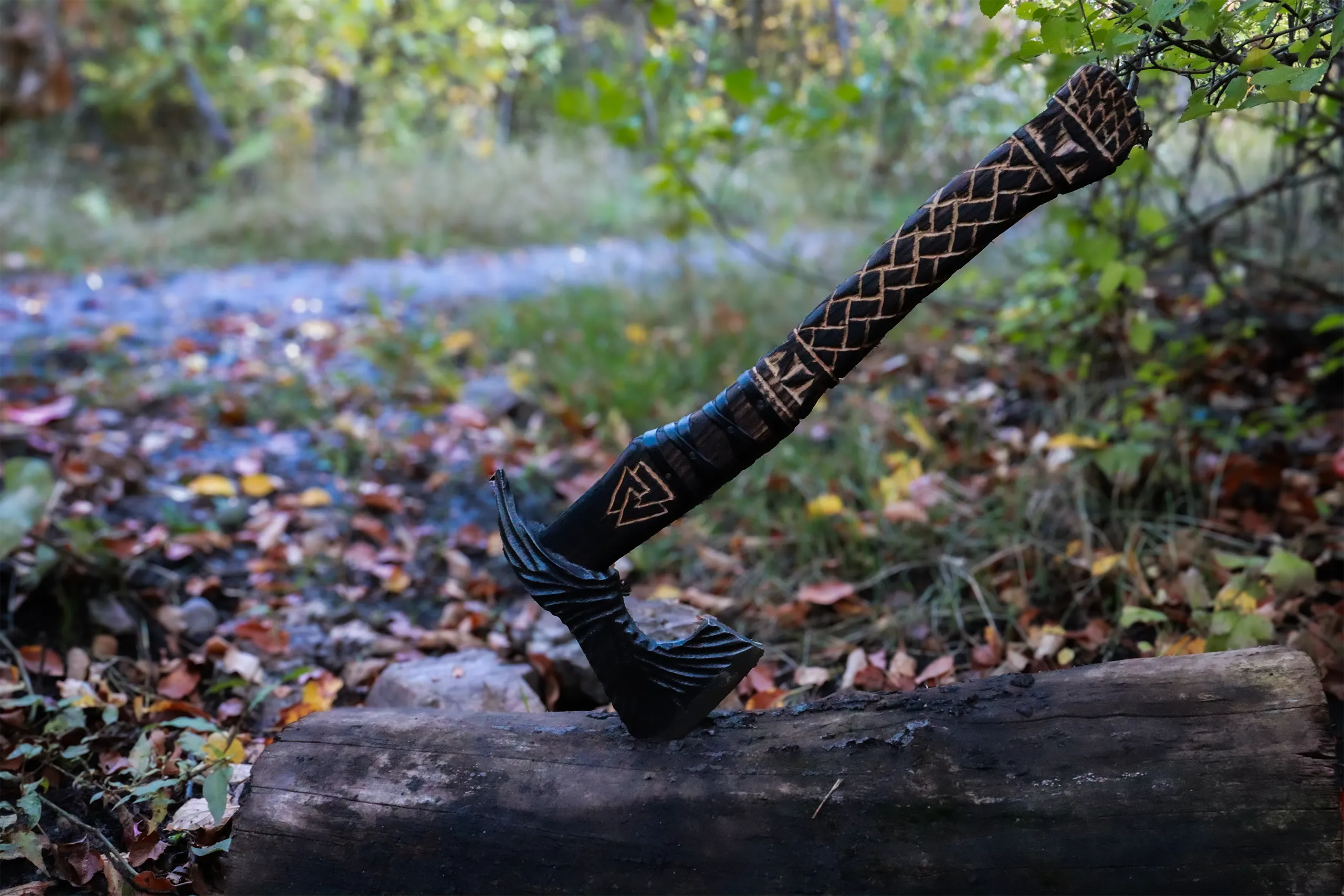- Always store your knife in a dry place. Exposure to moisture will always encourage rust formation in metals used in knives. Even if your knife is made from Stainless Steel which has a low carbon but high chromium content, it will still rust if exposed to moisture over a long period of time. If your knife is made from Damascus Steel which has a high carbon content but low chromium content, it will be very prone to rusting within a very short time if not properly protected with the appropriate oil.
- After using your knives, always hand wash them and dry them thoroughly. Never clean your knives in dishwater. The abrasive chemicals and heat used in dishwashing will damage a knife’s handle, metal surfaces, and cutting edge. Knives made + with Damascus steel must ALWAYS be protected by applying a thin protective coating of vegetable oil or mineral oil to inhibit rust formation on all metal surfaces. Never use WD-40 or machine oils that are NOT designed for human consumption unless you do NOT use your knife in cutting food or dressing animals.
- Do not store your knife in a leather sheath for long periods of time without first wrapping the knife in a plastic bag or wrap. Leather is treated with various chemicals in the tanning and color staining processes that can encourage rust formation and discoloration of metals.
- If you experience stiffness in opening and closing a folding-style knife, add a few drops of oil to the blade joint mechanism to loosen it up.
- Damascus Steel darkens with age. This darkening is called “patina.” It is a thin layer that forms on the surface due to oxidation. This is perfectly normal and a sign of quality. If you wish to brighten the blade, sand the blade lengthwise with a fine grit of metal sandpaper to hit the raised portions of the etched pattern. Care must be taken in performing this process to avoid damaging your blade.
- Always maintain a sharp edge to your blade using sharp stones, hones, or sanding belts. Knowledge of sharpening your knife with any of these tools is essential in maintaining a proper cutting edge. Importantly, a dull blade makes for a dangerous knife due to the excessive amount of force that is needed to properly cut any material. The use of excessive force always leads to uncontrolled movements that can cause damage to the material and/or injury to oneself.
- Do not use your knife to cut bones or other hard objects. Also, do not use your knife as a tool, such as a screwdriver or a pry bar. The improper use of your knife will damage the blade and its cutting edge and can lead to personal injury.
Treat your knives with respect, and they will last you a lifetime!


